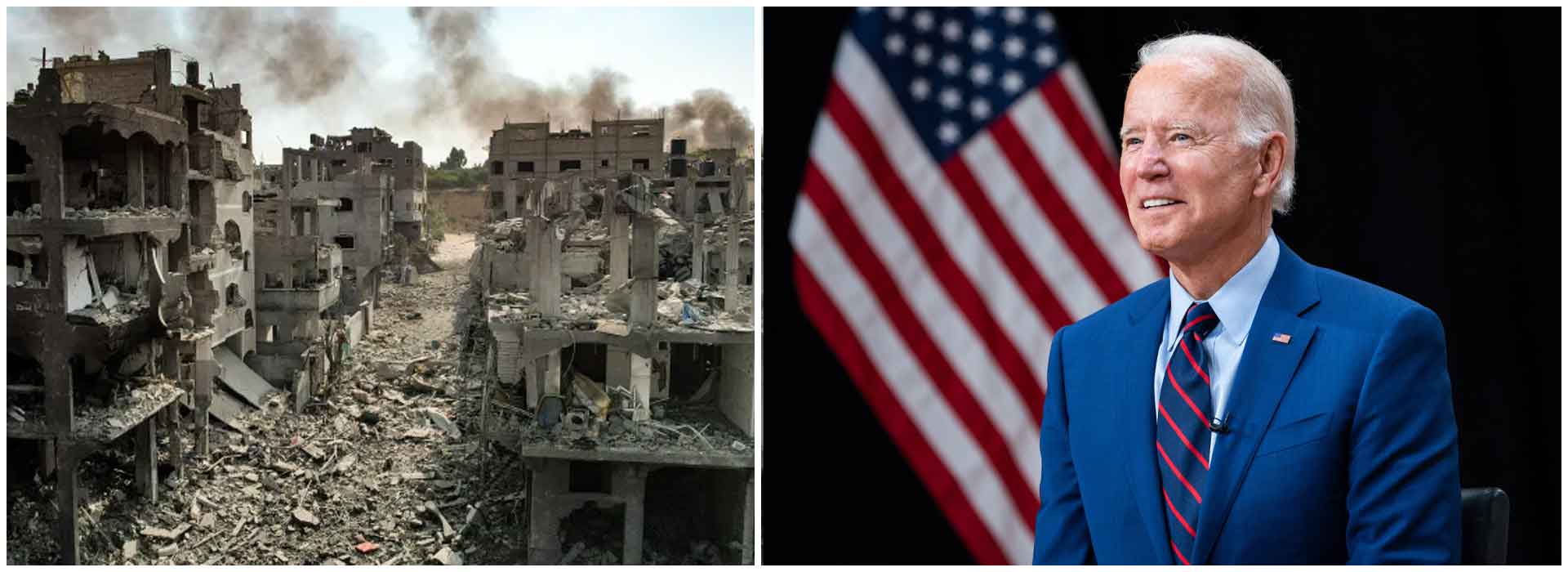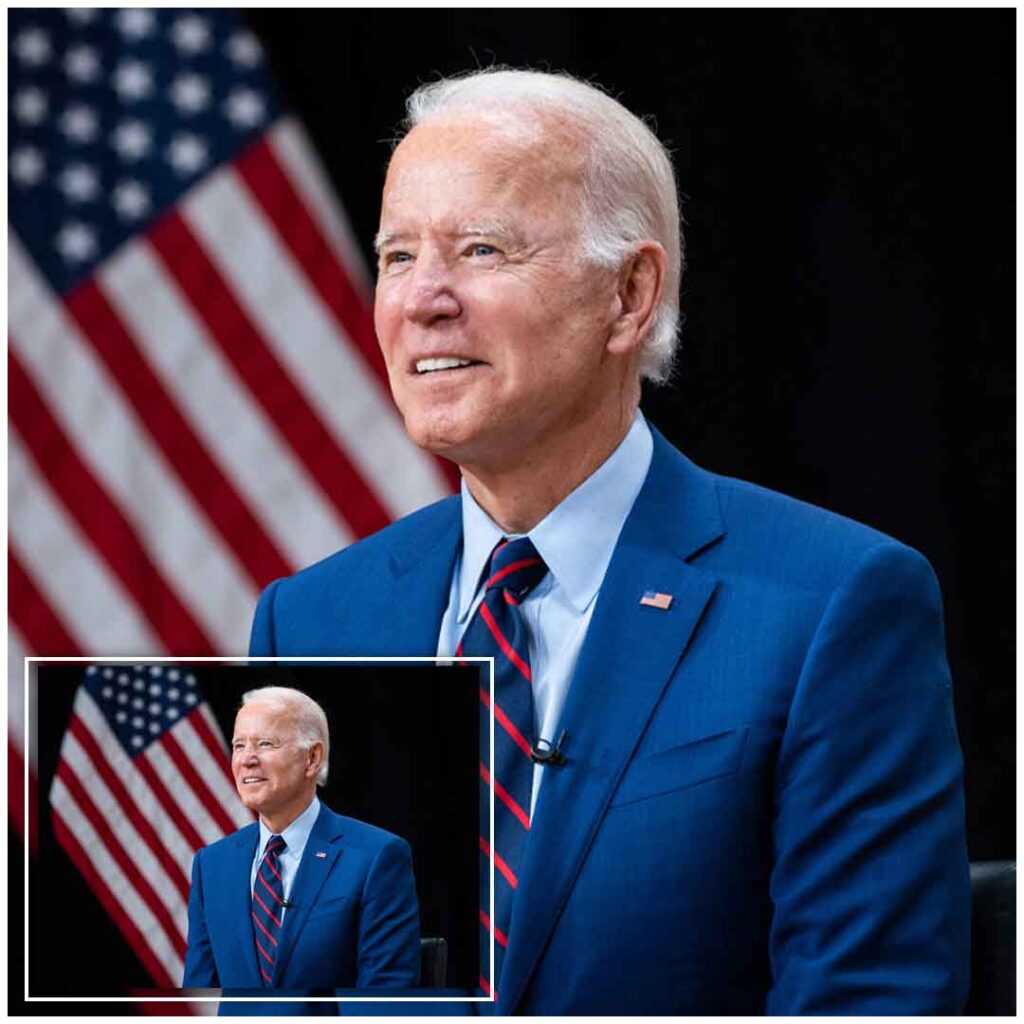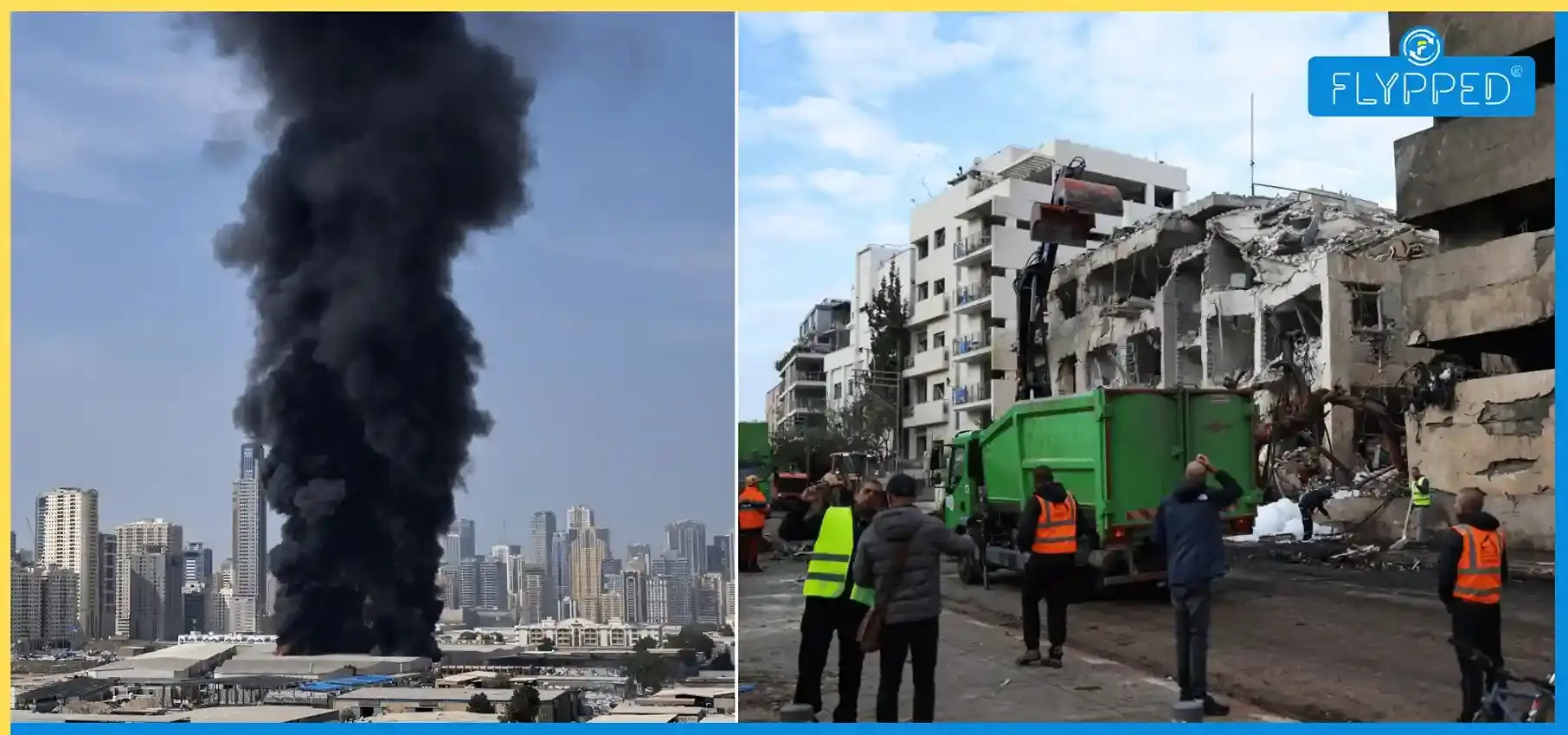Biden's Visit to Israel Amidst Hamas' Brutal Attack: A Critical Diplomatic Mission

The Israel-Palestine conflict is a long-standing and deeply complex issue, marred by violence and political intricacies. In the face of renewed hostilities between Israel and the Palestinian group Hamas, President Joe Biden's decision to visit Israel carries significant weight and marks a critical diplomatic mission.
The conflict flared up yet again when tensions escalated into a full-scale military confrontation between Israel and Hamas, the Islamist organization that controls the Gaza Strip. The situation became increasingly dire as Hamas launched a barrage of rockets into Israel, which led to Israeli airstrikes in Gaza.
The relentless violence resulted in significant civilian casualties and massive destruction, raising international concerns and prompting swift diplomatic efforts to de-escalate the situation. 
 In this volatile climate, President Biden's visit to Israel takes on immense importance. It underscores the United States' role as a key player in the Middle East peace process and its commitment to addressing the ongoing crisis. President Biden's mission is two-fold: to express solidarity with Israel in the face of ongoing rocket attacks and to engage in diplomacy aimed at reducing tensions and fostering a path toward a sustainable peace.
In this volatile climate, President Biden's visit to Israel takes on immense importance. It underscores the United States' role as a key player in the Middle East peace process and its commitment to addressing the ongoing crisis. President Biden's mission is two-fold: to express solidarity with Israel in the face of ongoing rocket attacks and to engage in diplomacy aimed at reducing tensions and fostering a path toward a sustainable peace.
- Solidarity with Israel: President Biden's visit underscores the United States' unwavering support for Israel's right to self-defense and security during a challenging period marked by rocket attacks from Hamas.
- Diplomacy for De-escalation: The visit aims to engage in diplomacy and de-escalation efforts. President Biden seeks to facilitate an immediate ceasefire and create a conducive environment for peace negotiations between Israel and the Palestinian leadership.
- Key Mediator Role: The United States, as a traditional mediator in the Middle East peace process, reaffirms its commitment to playing a crucial role in addressing the conflict.
- Symbolic Gesture: The visit serves as a powerful symbolic gesture of the United States' commitment to Israel's security while also acknowledging the suffering and concerns of civilians on both sides of the conflict.
- Balancing Act: President Biden's visit involves a delicate balancing act between supporting Israel and addressing Palestinian concerns, recognizing the necessity of a two-state solution for lasting peace.
- International Calls for Ceasefire: The visit aligns with international calls for a ceasefire and an end to the violence, as leaders worldwide intensify efforts to mediate the crisis.
- Complex Conflict: The visit highlights the complexity of the Israel-Palestine conflict, where violence and diplomacy are intricately intertwined, emphasizing the need for a diplomatic resolution.
- Promoting Long-Term Stability: The United States acknowledges the importance of long-term stability and development, emphasizing the need for improved living conditions and economic development in Gaza and the West Bank.
- Global Attention: President Biden's visit draws global attention, underlining the significance of the Israel-Palestine conflict and the role of international diplomacy in its resolution.
- Hope for a Two-State Solution: The visit underscores the hope for a two-state solution, where Israelis and Palestinians can coexist in peace and security.
The visit to Israel during this challenging time highlights the complexity of the Israel-Palestine conflict and the role of the United States in mediating and promoting peace. It acknowledges the suffering of civilians on both sides and underscores the importance of ending the violence. It is a testament to the fact that diplomatic solutions are the only viable path forward in this protracted conflict.  Biden's visit is a diplomatic tightrope act, as it seeks to balance support for Israel's security with the imperative of addressing Palestinian concerns. It underscores the United States' commitment to the principle of a two-state solution, where both Israelis and Palestinians can live in peace and security.
Biden's visit is a diplomatic tightrope act, as it seeks to balance support for Israel's security with the imperative of addressing Palestinian concerns. It underscores the United States' commitment to the principle of a two-state solution, where both Israelis and Palestinians can live in peace and security.
The visit recognizes the need for long-term stability, economic development, and improved living conditions for Palestinians in the Gaza Strip and the West Bank.
conclusion
President Biden's visit to Israel during the ongoing conflict with Hamas is a critical diplomatic mission that signifies the United States' commitment to the security and well-being of its ally while actively pursuing a peaceful resolution to the crisis.
It underscores the challenges and complexities of the Israel-Palestine conflict, where violence and diplomacy are intricately intertwined. The world watches with anticipation as diplomatic efforts intensify in the quest for a lasting and just resolution to this enduring conflict.
Updated News By Flypped
- Donald Trump Calls Giorgia Meloni ‘Beautiful’
- PM Modi Backs Donald Trump For Peace Efforts In Gaza
- Jaishankar's UAE Visit Focuses on Strengthening Ties and Addressing Gaza Conflict
- India Takes a Stand: Votes in Favor of UN Resolution Urging Immediate Ceasefire in Gaza
Click to read the full article






